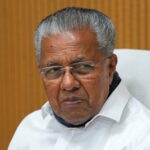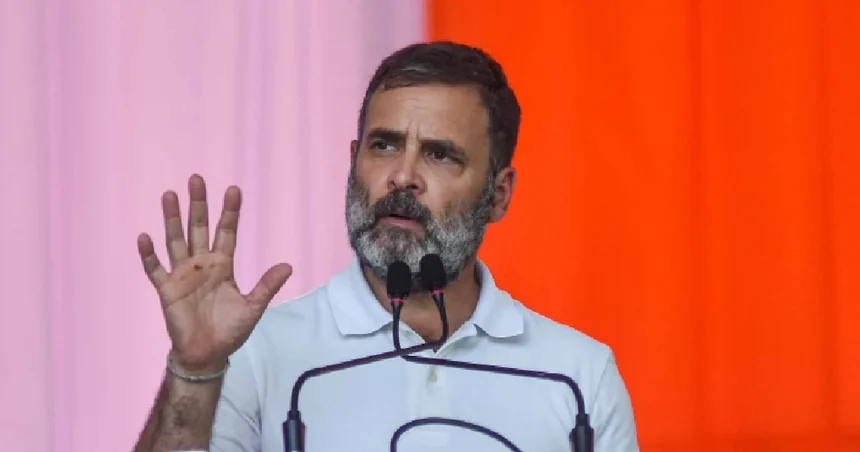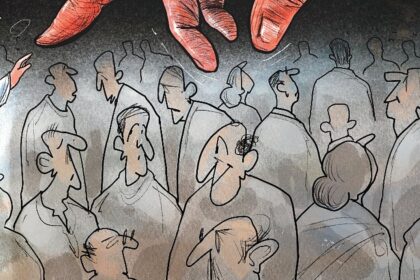In the political landscape of India, Congress leader Rahul Gandhi’s recent remarks equating the Communist Party of India (Marxist) with the Rashtriya Swayamsevak Sangh (RSS) in Kerala have sparked discussions. This comparison was met with criticism from CPI(M) leader John Brittas, who expressed his belief that Gandhi’s role should be to unite “secular forces” rather than create “confusion and division” among them.
Brittas made these remarks during a press conference in New Delhi on Saturday. He emphasized the need for unity among opposition parties as they prepare for the upcoming Monsoon Session of Parliament, which is expected to be a crucial period for debate and decision-making. Despite this exchange, Brittas assured that the comparison made by Gandhi would not impact the opposition’s unity in the session.
This development comes amidst ongoing political discourse in Kerala, where the Congress party, led by Rahul Gandhi, has been actively campaigning. The state, known for its strong leftist leanings, has traditionally been a stronghold of the Communist Party of India (Marxist) and has seen intense political rivalry between the two parties over the years.
The CPI(M), represented by leaders like Brittas, has played a significant role in shaping Kerala’s political landscape. The party, with its focus on social justice and equitable development, has been instrumental in several progressive policies implemented in the state.
Meanwhile, Rahul Gandhi, who has been leading the Congress party since 2017, has been actively engaging with various regional parties to forge alliances and strengthen the opposition’s position at the national level. His efforts towards unity have been well-received by many political analysts, who see it as a crucial step towards challenging the BJP-led government.
As the Monsoon Session of Parliament approaches, the focus will shift to the strategic alliances and negotiations among opposition parties. The unity and cohesion shown by these parties in the face of adversity will be closely watched by political observers and the public alike. The upcoming session is expected to see significant debates on various pressing issues, including economic reforms, agricultural policies, and regional development.
In the dynamic world of Indian politics, the path towards unity among opposition parties remains a challenging yet crucial journey. As leaders like Rahul Gandhi and John Brittas navigate this complex terrain, the role of fostering understanding and cooperation will be paramount in determining the course of India’s political future.











